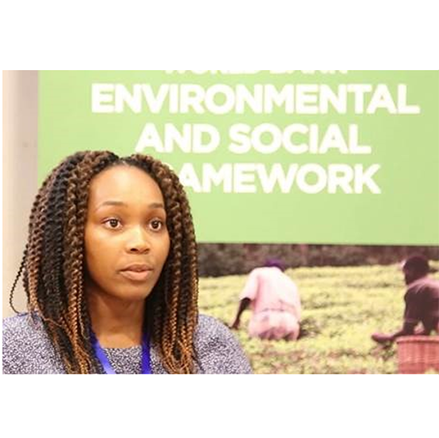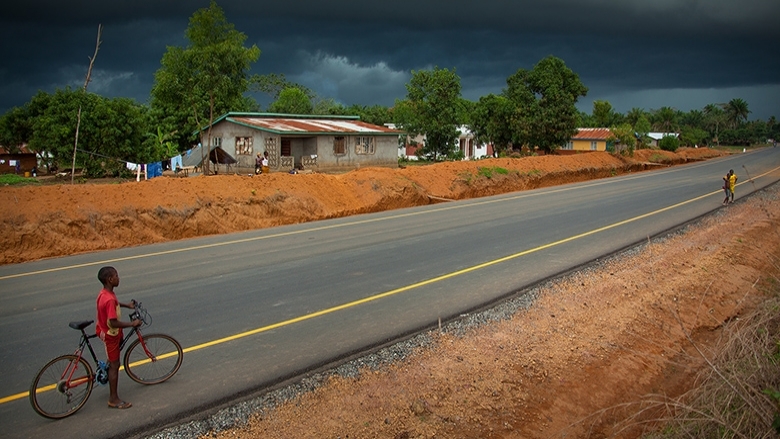On any given day, Aminata Bundu will verify that a construction site’s dust and noise levels are within acceptable limits, check up on the contractor’s commitment to employ local people for manual labor, or meet with local community representatives to discuss how the project’s grievance mechanism can be improved.

Since the project is co-financed by the World Bank and the United Kingdom’s Department for International Development, Aminata checks to make sure that the project follows the Bank’s current Safeguard policies. These policies aim to ensure that, in the context of Bank-financed projects, people and the environment are protected from potential adverse impacts.
Like Aminata, environmental and social specialists around the world are employed by their governments to implement the Safeguard Policies on projects for which these governments have sought financing from the World Bank. These projects vary: from enhancing irrigation systems, to building a new power station and distribution lines, to improving the effectiveness and efficiency of a port. A change is coming for these specialists, as the World Bank transitions this year from the current Safeguard Policies towards the new Environmental and Social Framework (ESF).
The ESF provides broad environmental and social coverage, including important advances on transparency, non-discrimination, social inclusion, public participation, and accountability. The scope of social issues explicitly addressed has been broadened beyond resettlement and Indigenous Peoples to cover, for example, labor and working conditions, and community health and safety. The ESF also addresses additional environmental issues, such as climate change, sustainable management of living natural resources, and water management.
Under the ESF, borrowing countries are responsible for meeting requirements under the ten Environmental and Social Standards. To prepare clients and their specialists for this transition, the Bank is rolling out workshops focused on the content of the ESF. During these sessions, government officials learn about the main elements of the ESF, while environmental and social specialists of the project implementation agencies participate in a two-day, technical training workshop. Thus far, the workshops have hosted representatives from over 45 countries.
Reactions to the ESF among client country practitioners are encouraging.


